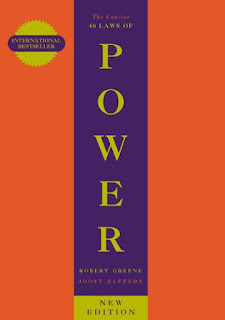Sapiens by Yuval Noah Harari
Yuval Noah Harari is a historian and thinker known for making big ideas easy to understand. His bestselling book Sapiens takes readers on a fascinating journey through the history of our species, from early hunter-gatherers to modern societies.
Harari blends science, history, and philosophy to explore how humans came to dominate the planet. It’s a book that has captured the imagination of millions around the world.
In this review, we’ll see what it’s really about, what makes it interesting, and see if it’s a good read for you- with of course, no spoilers.
Sapiens is the story of the origins of the human race, covering a very interesting, and somewhat surreal narrative of how the Homo Sapiens originated as a naïve, fragile being, and eventually spread to all parts of the globe. The book also details on our history with other human and primate species, along with key similarities and differences that brought us to where we are today.
Moreover, it explores the evolution of the human psyche in the same timeline; showing the reader how it leads to the creation of basic but interesting characteristics like the invention of vernacular language and writing, or perhaps mass movements amongst humans in different parts of the world such as agricultural settlement, formation of kingdoms and empires, and religion.
The concept of the book is quite interesting, and turning the pages, it really makes you think more and question more. It’s just really good at making you curious , so for a general reader, this might be a good book.
HOWEVER, there is one distinct feature of the book that has made it subject to criticism and controversy among some:
EXTREMIST OPINIONS
There are several historical events and movements which can be seen by different perspectives.
For example, Harari talks extensively about the mass agricultural settlement, which is an important milestone for the evolution of humanity. The agricultural settlement of mankind is generally seen as one of the key factors that led us to the level of development we have achieved.
The author presents an argument against this presumption, stating evidence that the life of ancient humans were better as hunter-gatherers and the agricultural revolution made livelihood of humans much harder, even calling it “history’s biggest fraud”.
There is quite a lot of research that supports this argument, but there are also is also research showing the positives of the agricultural revolution in the long run that are not considered in the book.
Such examples are present all across Sapiens. Although unconventional perspectives aren’t the issue, of course, the lack of balanced arguments for and against any topic made the book feel somewhat biased towards controversial opinions.
As a reader, your perception may depend on how much you agree with the arguments presented in the book.
My Personal Thoughts
Sapiens has several things that make it unique but it also has several things that impacted my experience and perspective on the book as a whole. The lack of balanced arguments honestly destroyed the experience, even though it is overall an interesting book.
From a neutral point of view, I’m giving this book around
6/10










Comments
Post a Comment